AUTOFLEX Consortium
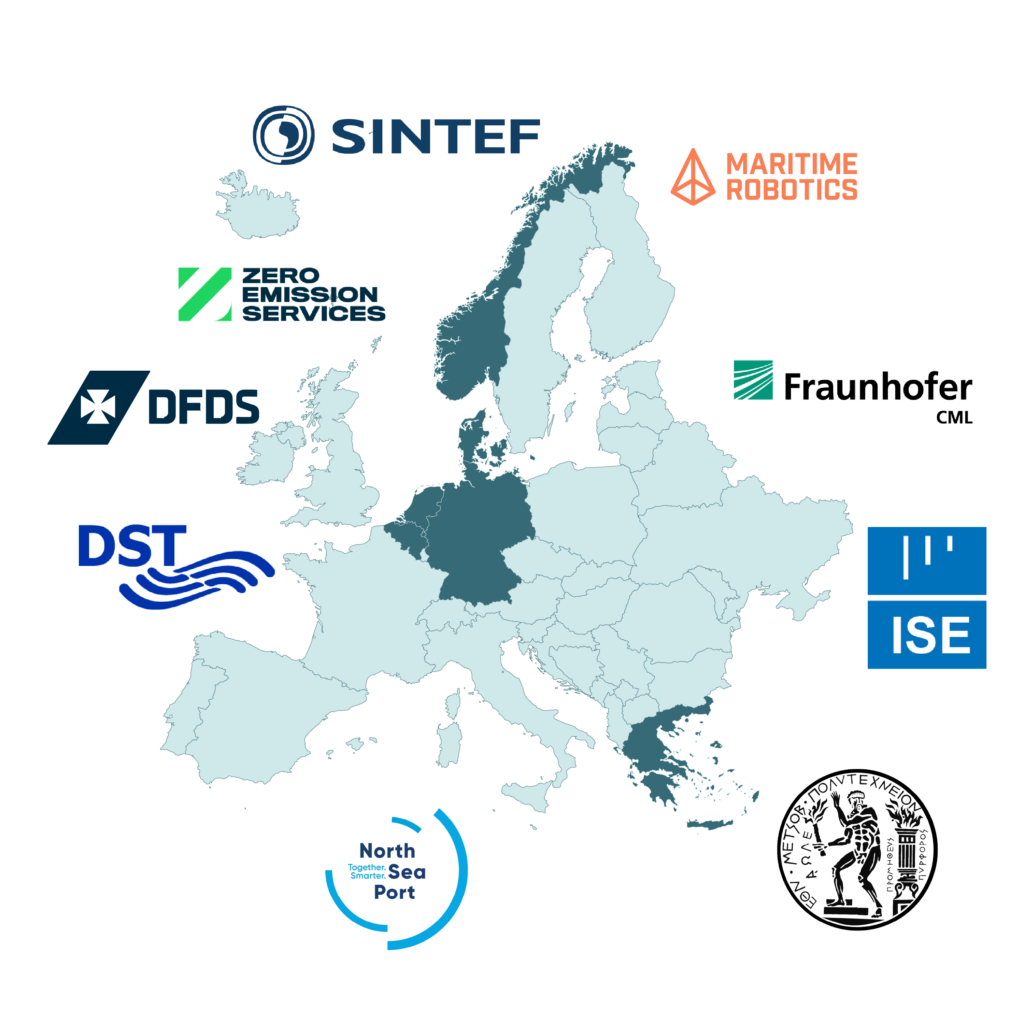
The AUTOFLEX consortium brings together disciplines such as Naval Engineering, Technology development, Social Sciences and Humanities, Logistics Management, Business and Management studies, regulatory and safety aspects, as well as security and resilience both related to assets and the transport system as such.
The consortium is formed by eight partners, one associated partner and the AUTOFLEX Advisory Board.
SINTEF Ocean
SINTEF Ocean is the coordinator of AUTOFLEX and leader of Work Package 1 and Work Package 3 ‘Developing automated multimodal zero-emission Transport Systems’. SINTEF Ocean has, moreover, a key role in the vessel design and the work with a new standard for situational awareness interface.
SINTEF is one of Europe’s largest independent research organisations with experience in multiple sectors including land and waterborne transport. SINTEF has more than 100 laboratories, and a range of software and simulation solutions for testing, development, and verification. SINTEF Ocean is a part of SINTEF with special focus on the ocean, from agriculture to the maritime sector. SINTEF Ocean has broad and internationally recognized competence within areas from hydrodynamics to autonomous ships. The company has 400 employees and is an integrated part of SINTEF, but also minority owned by strong and motivated industry players.
DFDS AS
DFDS AS is the Work Package 5 leader, responsible for developing business models and conducting cost benefit analysis. They play an important role as a key partner in the full-scale demonstration. As a vessel owner they are adding a crucial asset to the project.
DFDS is a leading European shipping and logistics company with a rich history dating back to 1866. They provide a wide range of transportation and logistics services, including ferry and freight shipping, as well as logistics solutions for businesses. They show a strong presence especially in Northern Europe.
Ethnicon Metsovion Polytechnion
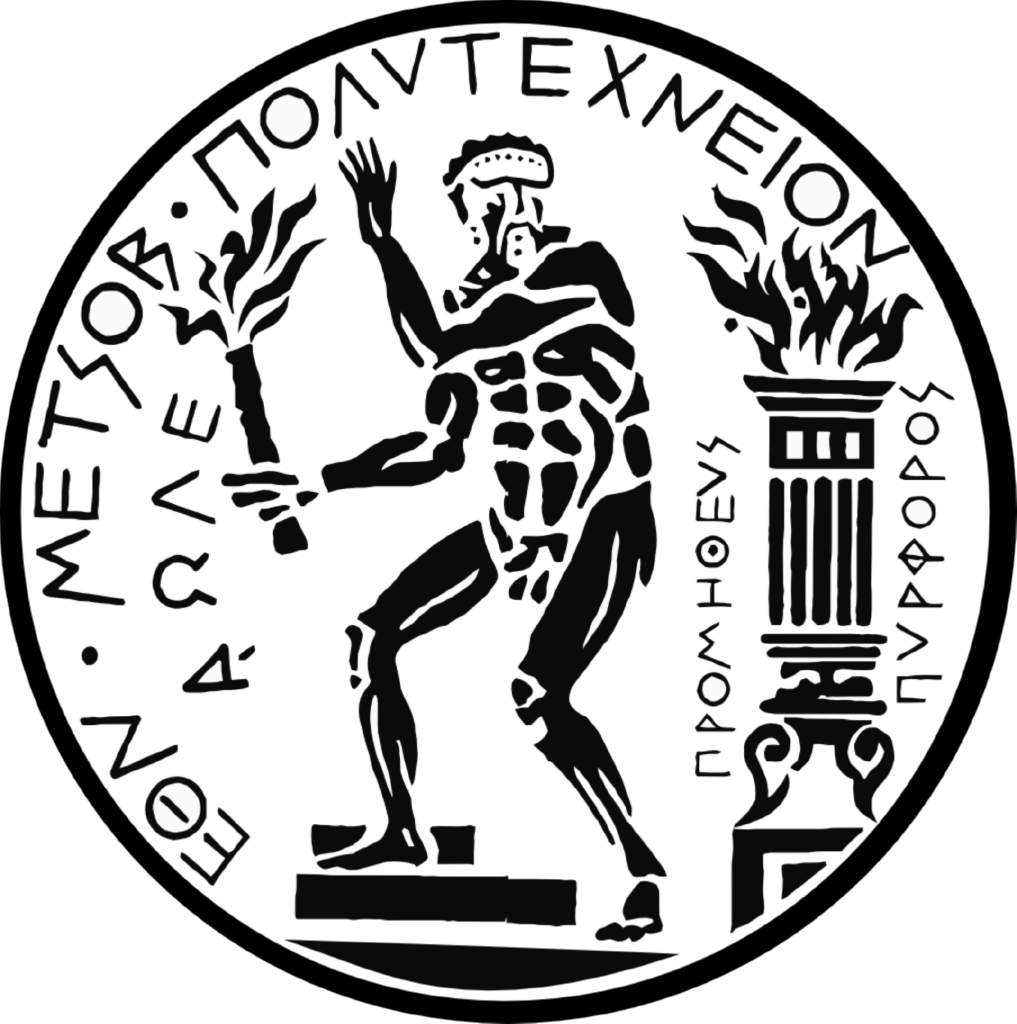
NTUA is serving as the Risk and Quality Manager. In this role, NTUA leads all activities pertinent to risk assessment and the adherence to quality standards. Moreover, they are overseeing safety, security, and resilience throughout the project, with a specific focus on Work Packages 3 and 4. NTUA is set to develop a dedicated tool named SeaGuard, which is designed to monitor and predict the safety state of individual autonomous vessels.
NTUA, the National Technical University of Athens, is a renowned educational institution based in Athens, Greece. With a strong emphasis on engineering, technology, and applied sciences, NTUA has established itself as a leading academic and research center. Known for its expertise in various fields, including civil engineering, electrical engineering, mechanical engineering, and computer sciences.
Institut für Strukturleichtbau und Energieeffizienz
ISE leverages its expertise in the area of small autonomous ZEM vessels to develop concepts for unmanned inland ships. This includes considering design dimensions, hull layout, energy systems, and lightweight structures. One other important role is the development of temporary port terminals as well as supporting scale-model tests and hydrodynamic analyses for validation.
ISE gGmbH is an independent non-profit research institute focusing on industry-oriented applied research and development in collaboration with research institutes as well as small and medium-sized enterprises. Lightweight construction and energy efficiency from components to large-scale applications, along with corresponding product and process developments, play a central role. Their expertise includes, among other things, competencies in the development of innovative, energy-efficient, autonomous ship concepts based on national and international R&D projects.
Maritime Robotics
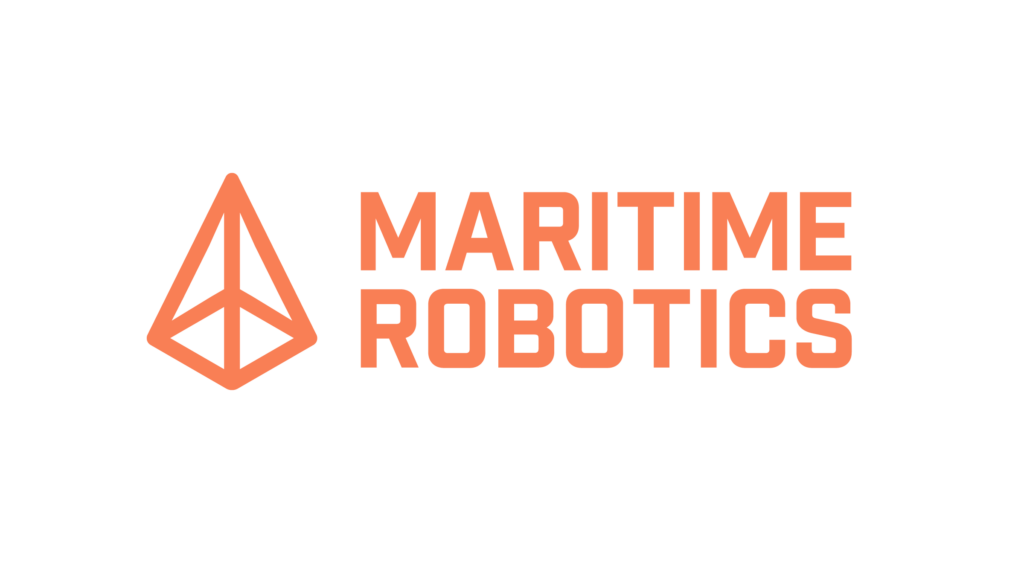
MR leads Work Package 6. The company is tasked with installing a sensor suite on an existing barge, which includes technologies such as cameras, LIDAR, AIS, and GNSS. Moreover, Maritime Robotics is responsible for the development and validation process of the AUTOFLEX test vessel, ensuring it meets the project’s specifications and standards. The development will also include interfaces for Remote Control Centres, enhancing the operational capabilities of the vessel and, most important, the full-scale demonstration.
Maritime Robotics is a provider of autonomous navigation systems and Uncrewed Surface Vessels. Delivering solutions to customers and partners worldwide for nearly two decades, committed to making the benefits of autonomous technology more accessible for the maritime industry.
Fraunhofer Gesellschaft zur Förderung der angewandten Forschung
Fraunhofer CML is the communication and dissemination manager of AUTOFLEX, leading activities around dissemination and exploitation. Also, they are leader of Work Package 2 evaluating and quantifying design parameters and boundary conditions for the vessel design in combination with the transport system.
Fraunhofer Center for Maritime Logistics and Services (CML) innovatives solutions for the maritime sector. Spanning maritime logistics, ports, shipping, and autonomous maritime systems. Interdisciplinary teams translate cutting-edge research into practical applications. The focus is on end-to-end digitisation, process automation, AI-driven data analysis, and sustainable shipping practices, tested and refined through simulations and in-situ demonstrations.
Development Centre for Ship Technology and Transport Systems (Entwicklungszentrum für Schiffstechnik und Transportsysteme)
DST leads Work Package 4 and therefore all tasks on developing small automated zero-emission vessels and takes a pivotal role in conducting and validating the scale-model tests of the novel vessel design. DST will assess the impacts of automation and zero-emission propulsion on the vessel design before coming up with a new vessel design which will be examined in their testing facilities.
In addition, DST contributes to the overall logistics system, particularly the integration of the small automated zero-emission vessels into a larger transport chain, and the examination of the market conditions including geographical restrictions, the scope of applicability, and potential new business models.
DST is an international and interdisciplinary research institute with seventy years of experience in the areas of inland and coastal shipping and related transport systems. The focus areas of DST are the investigation of the special flow conditions of ships in inland and coastal waters with restricted depths, the support of the inland navigation sector in the development and modernisation of vessels and the development of economically and ecologically sustainable logistics concepts using waterborne transportation.
Zero Emission Services B.V.
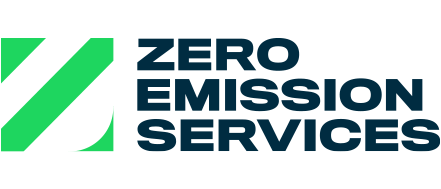
ZES provides important technology to electrify inland vessels enabling zero-emission transportation. Within the project they have a leading role in developing ‘Stow&Charge’ for quick and easy recharging of inland vessels.
ZES introduces a new energy system realising emission-free sailing using ZES’ proven technology of exchangeable battery containers (ZESpacks) charged with green electricity at ZES’ docking stations. Instead of paying for expensive assets, barge owners only pay for ZESpack usage through an innovative pay-per-use model.
Associated Partner
North Sea Port
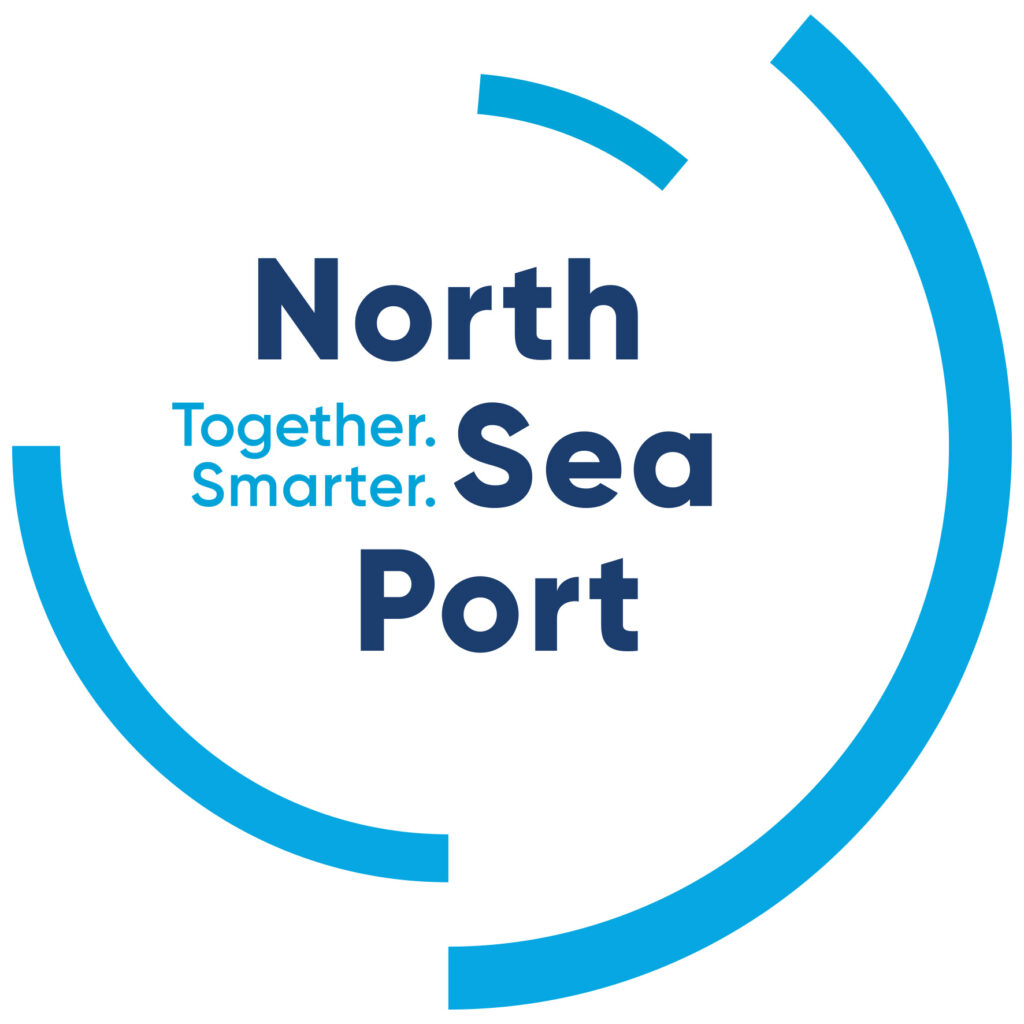
NSP is supporting the full-scale demonstration as an associated partner.
North Sea Port is a West European port that extends for more than 60 kilometres, 9.100 hectares, and across two countries: Belgium and the Netherlands.